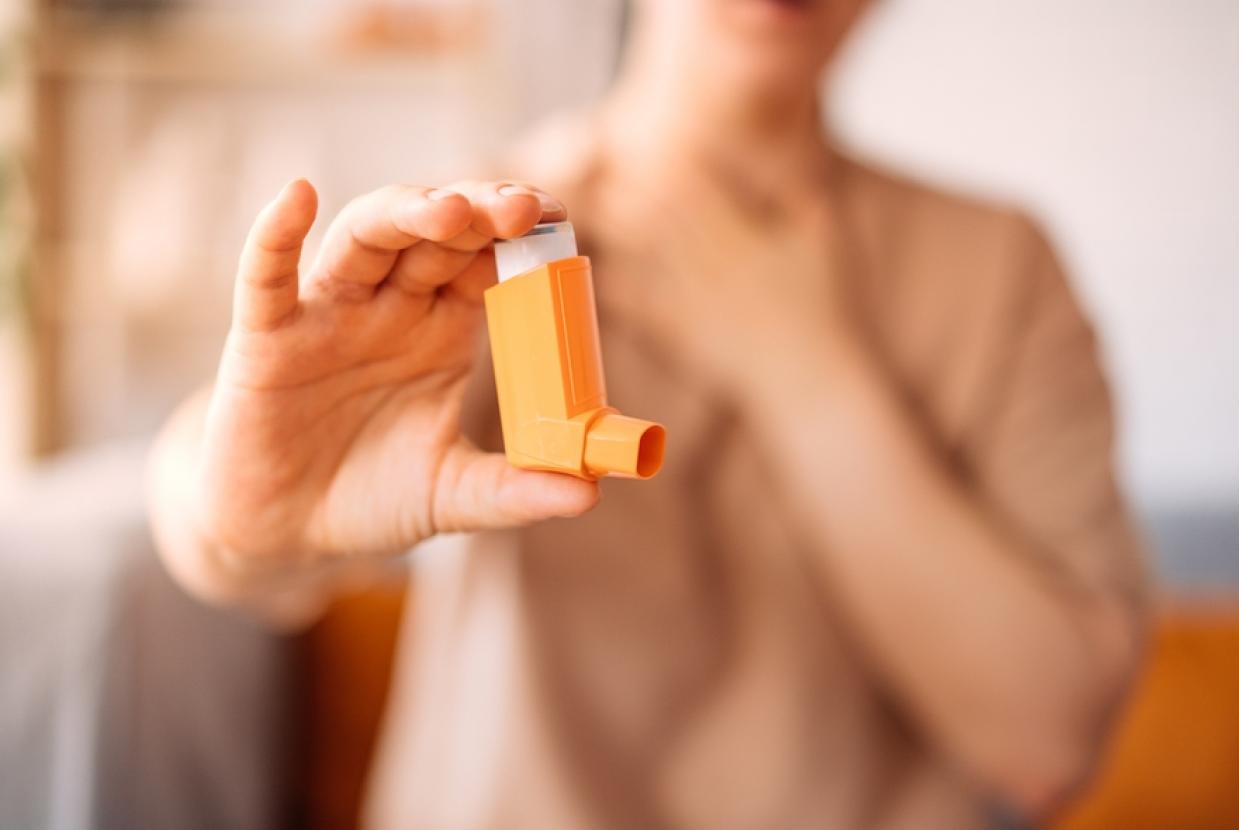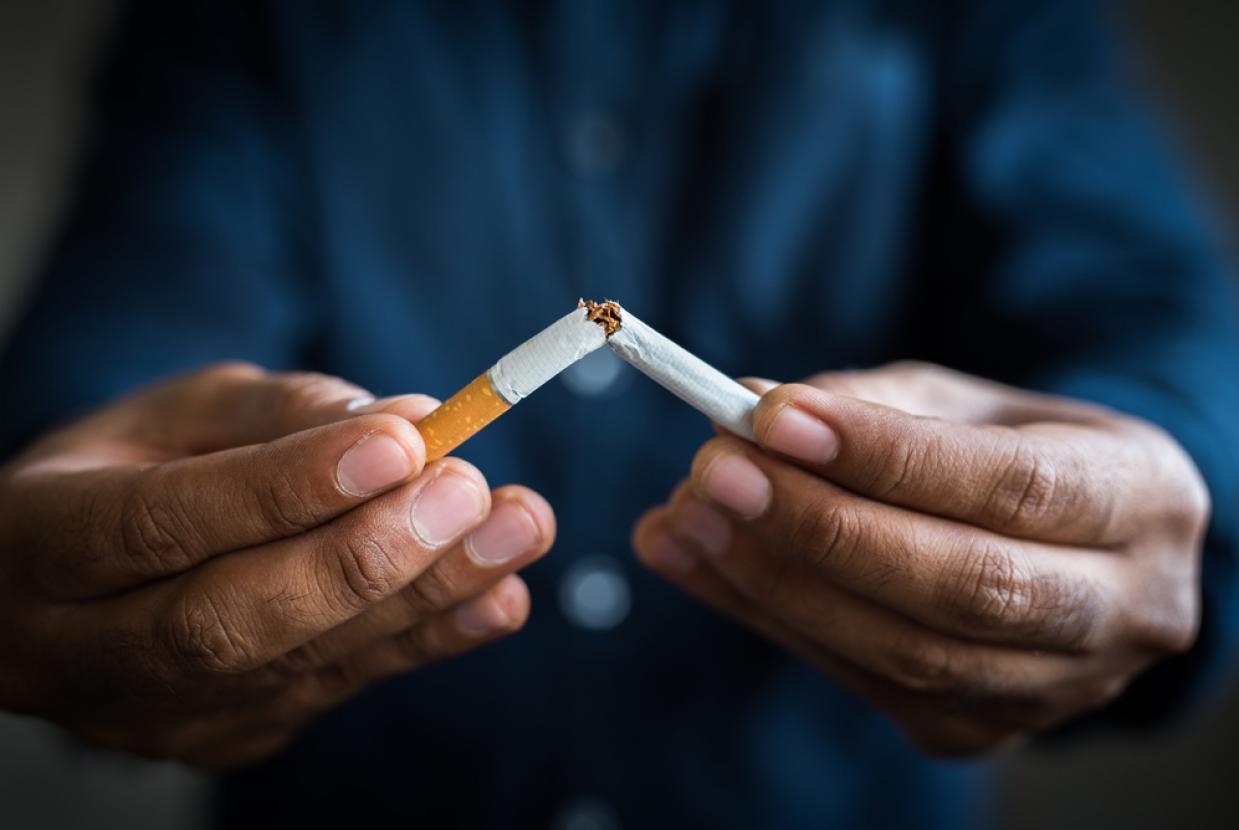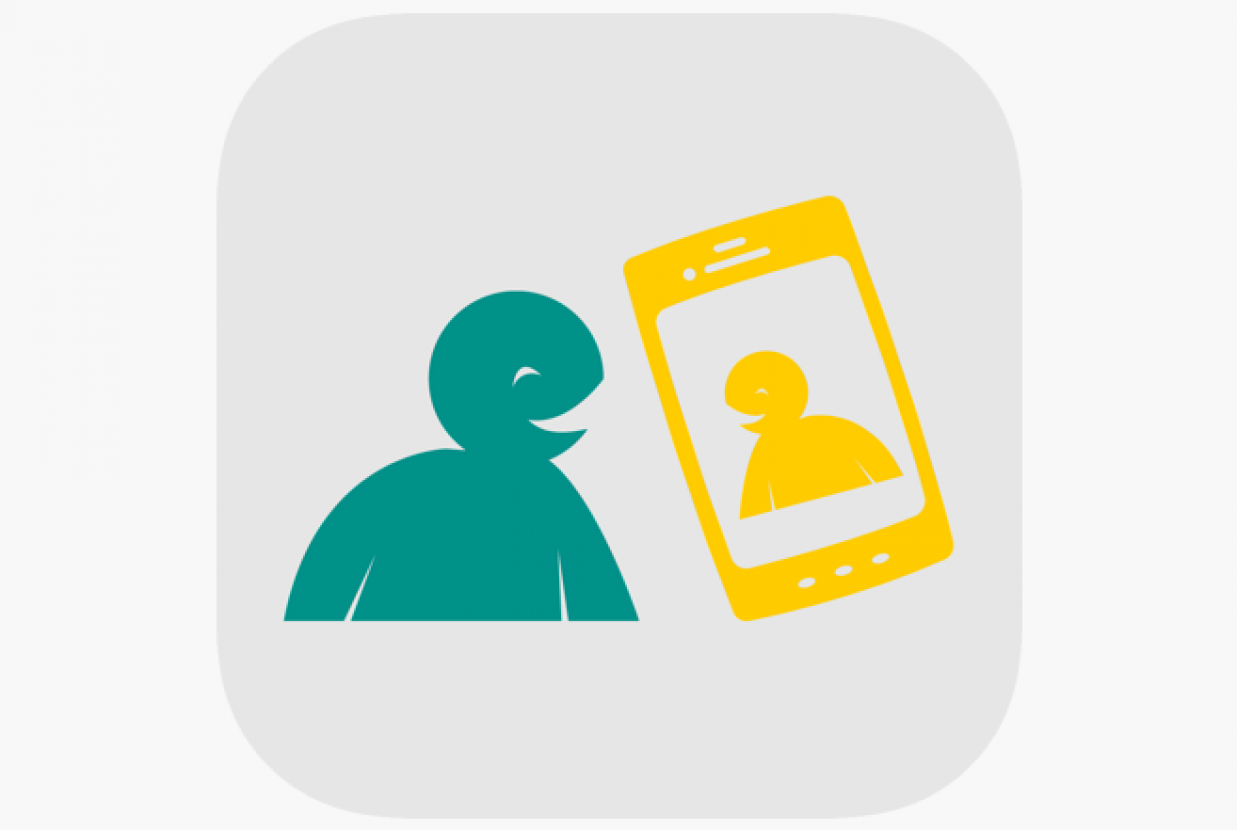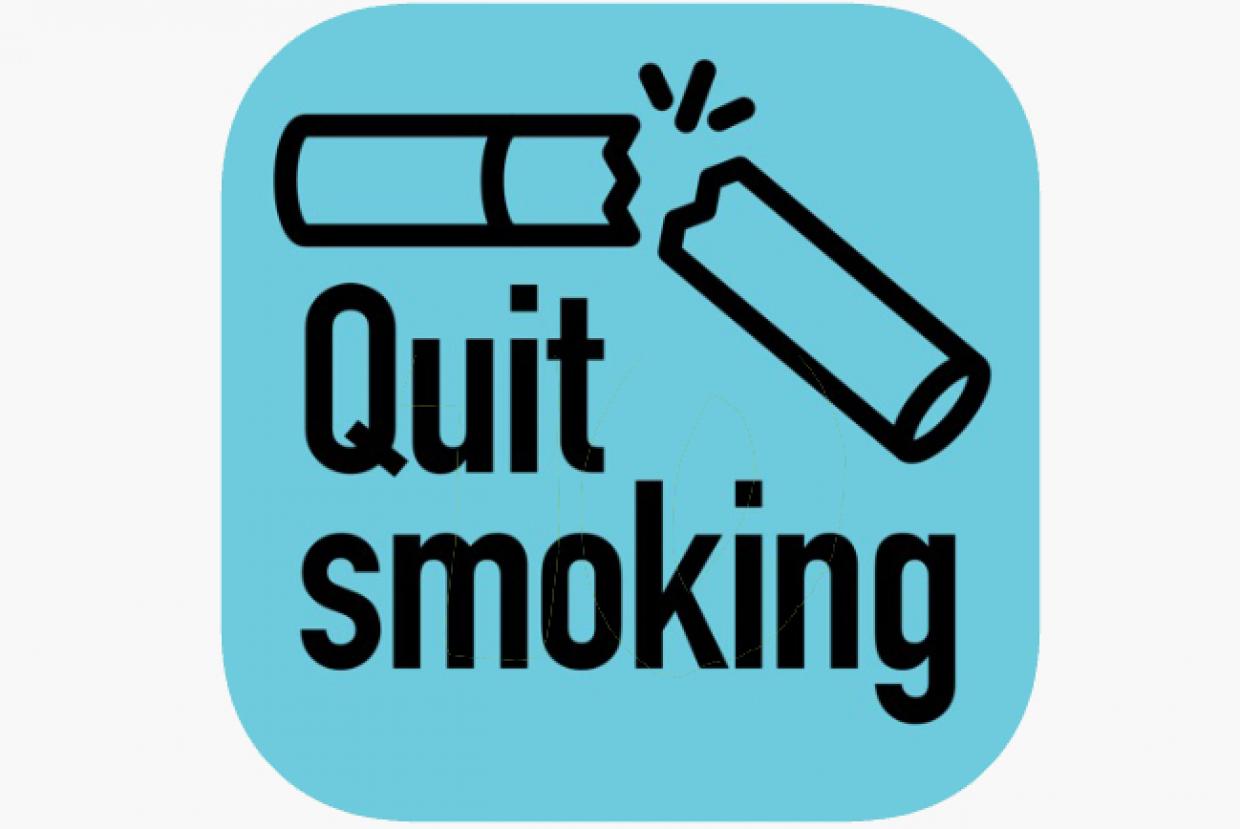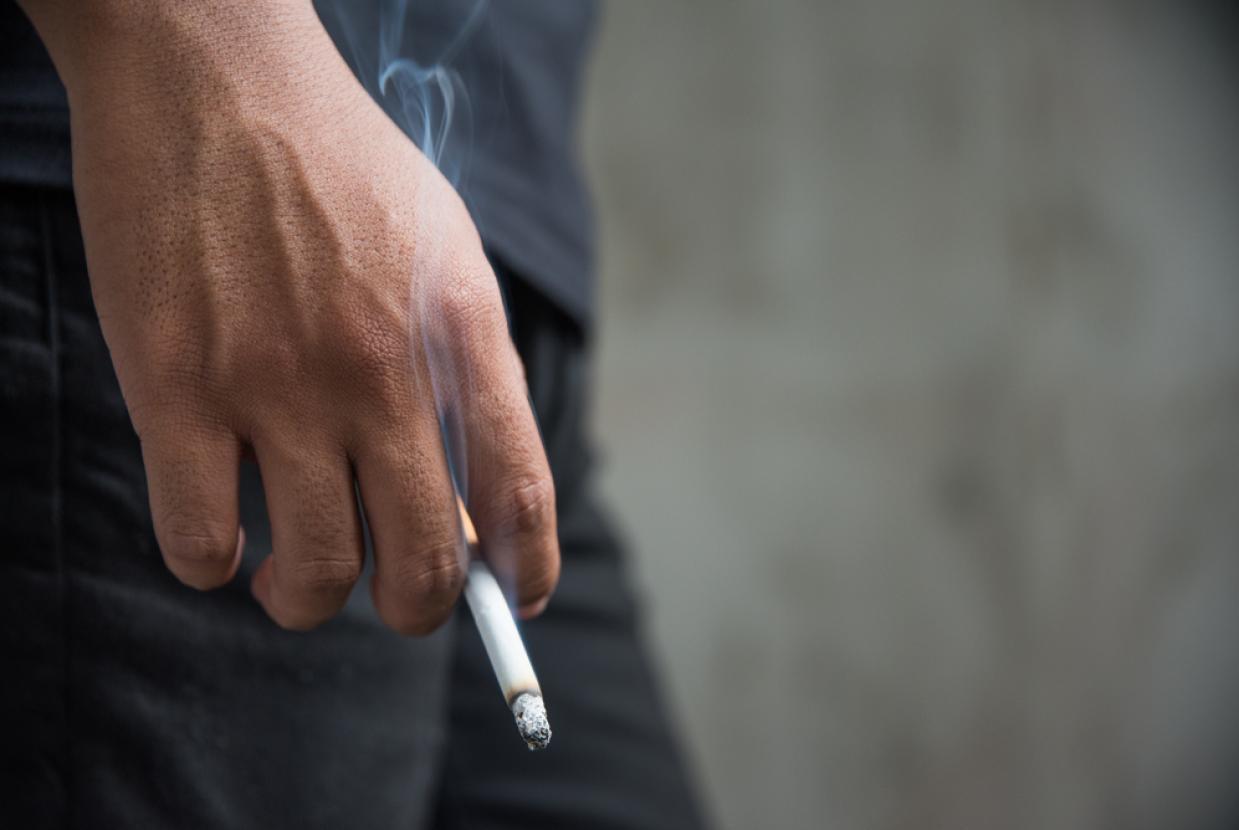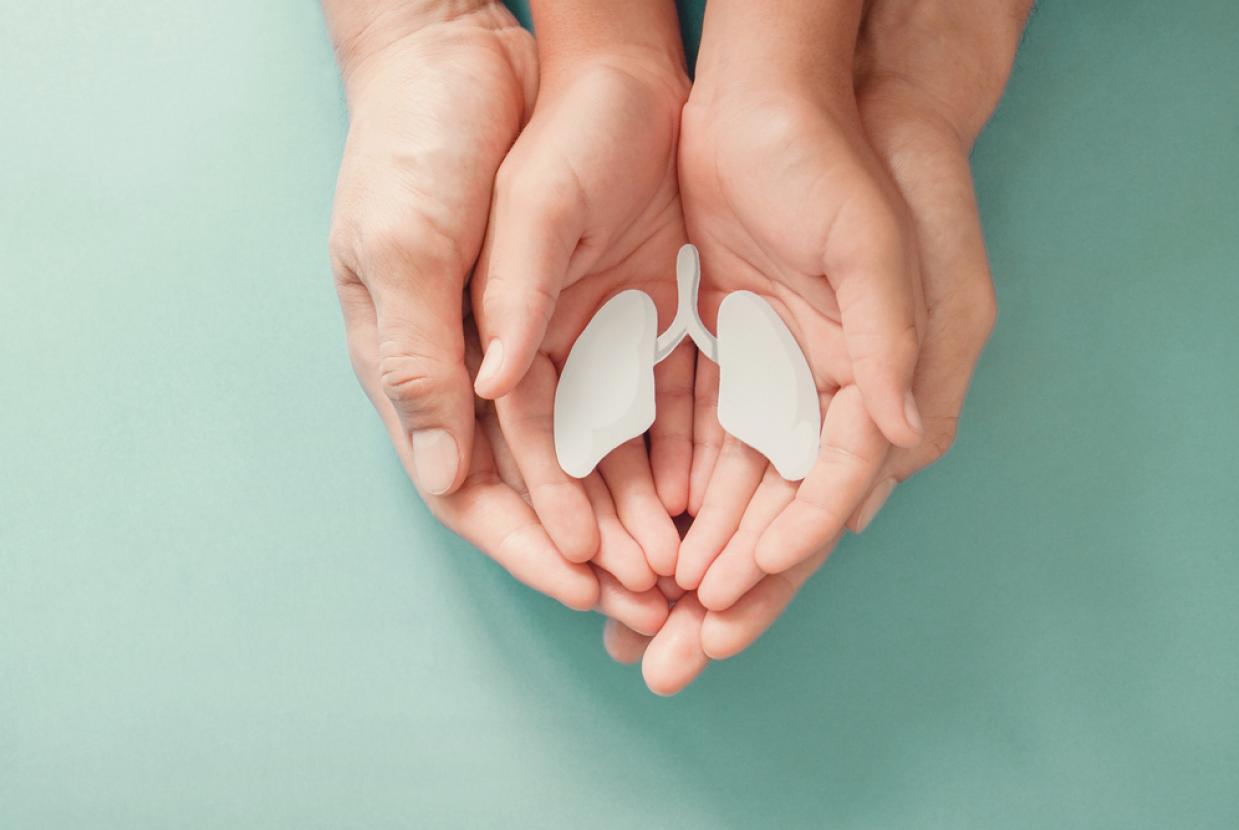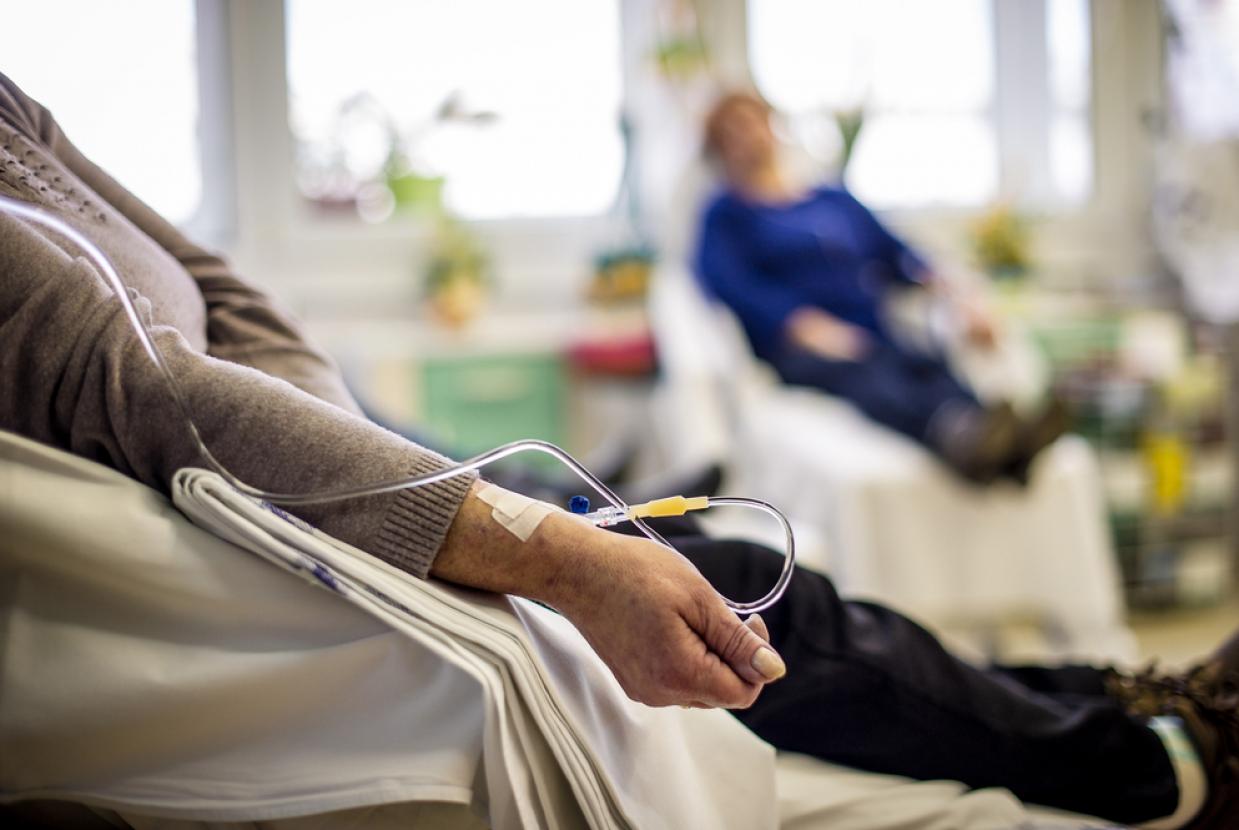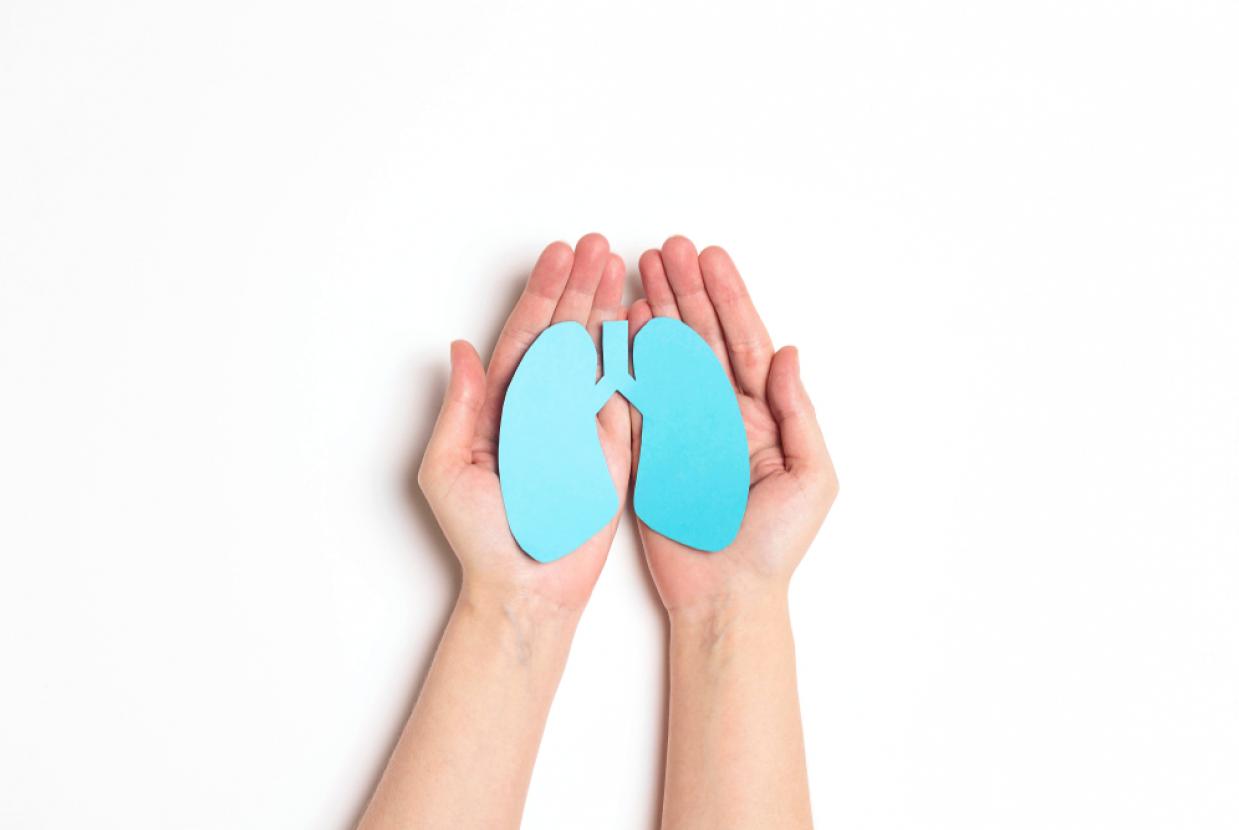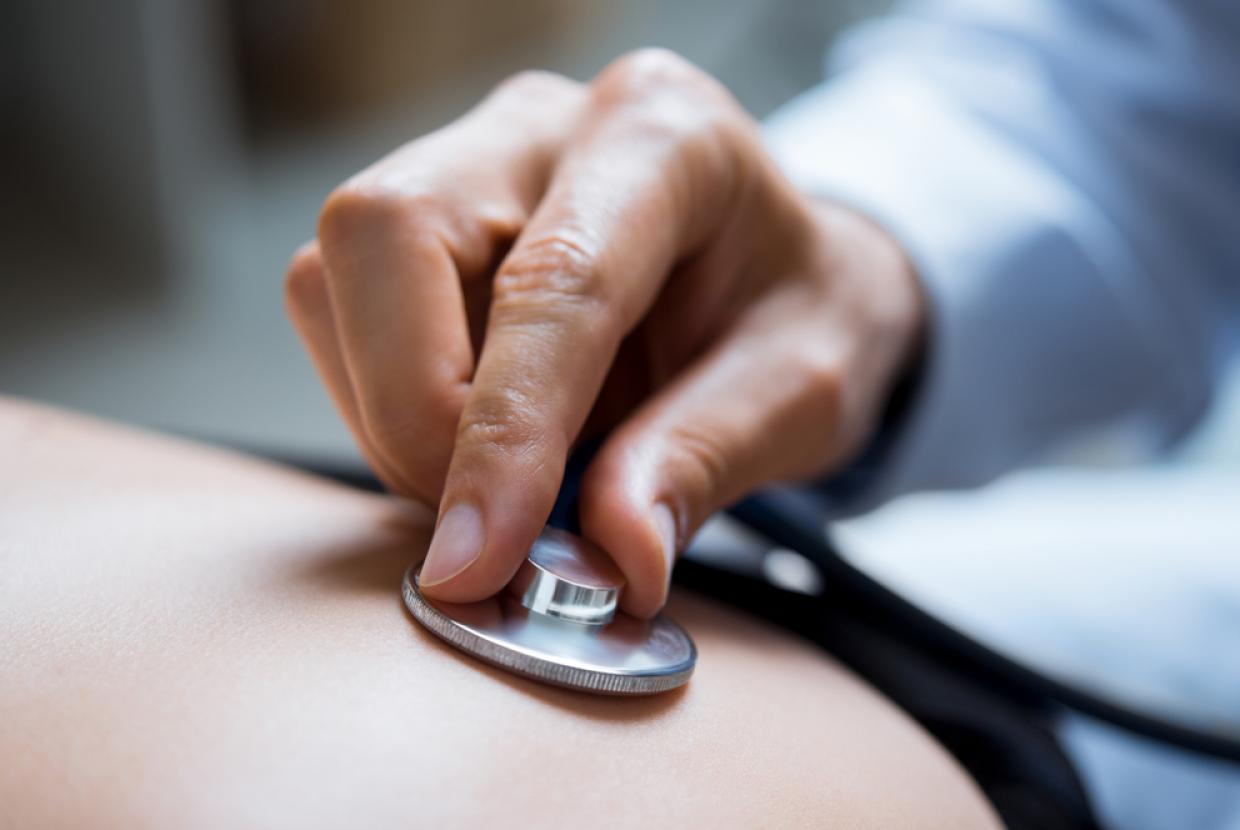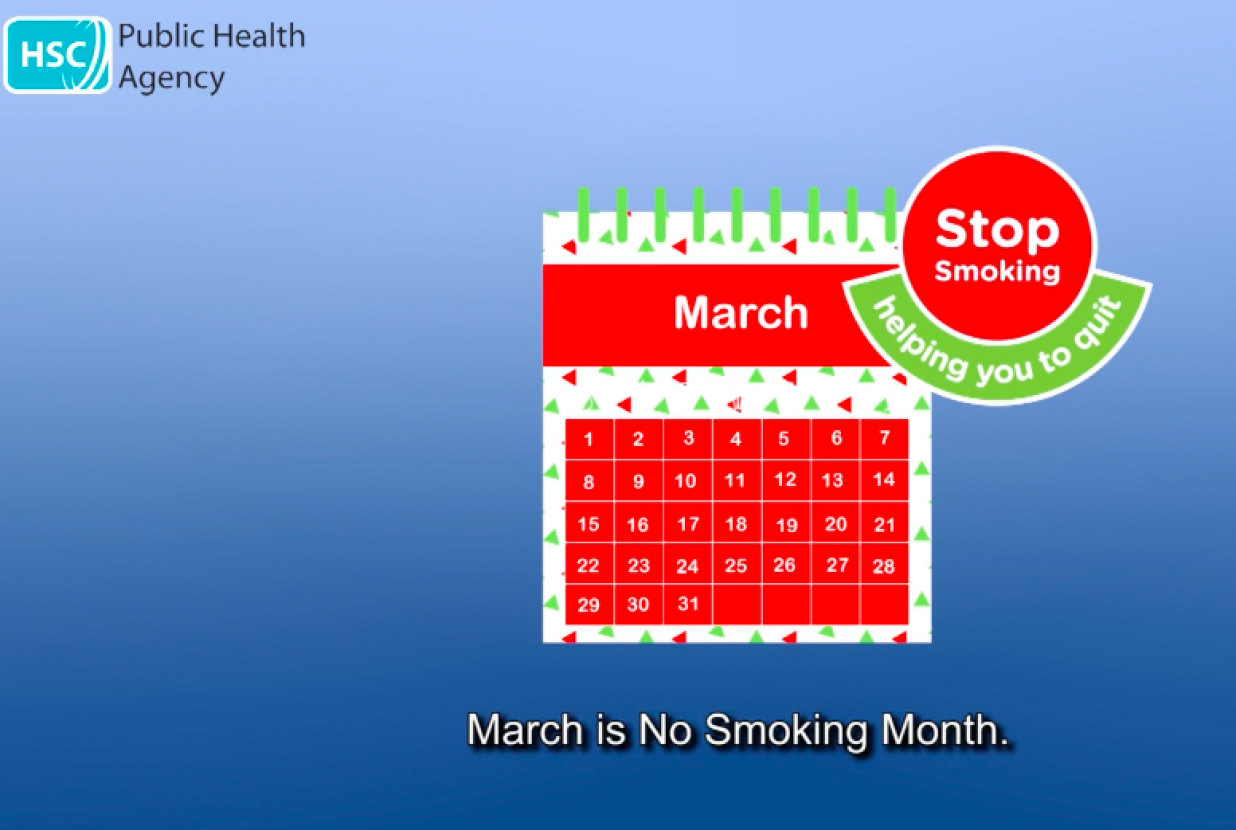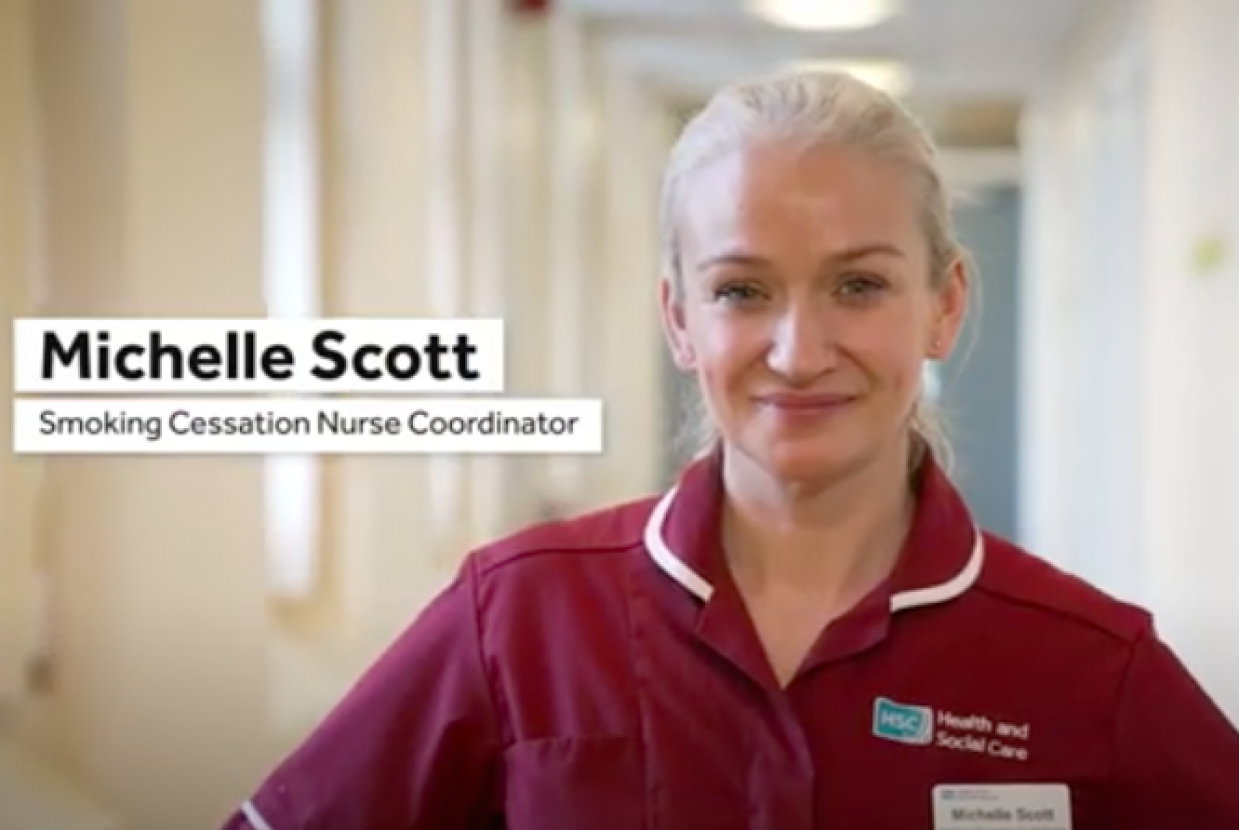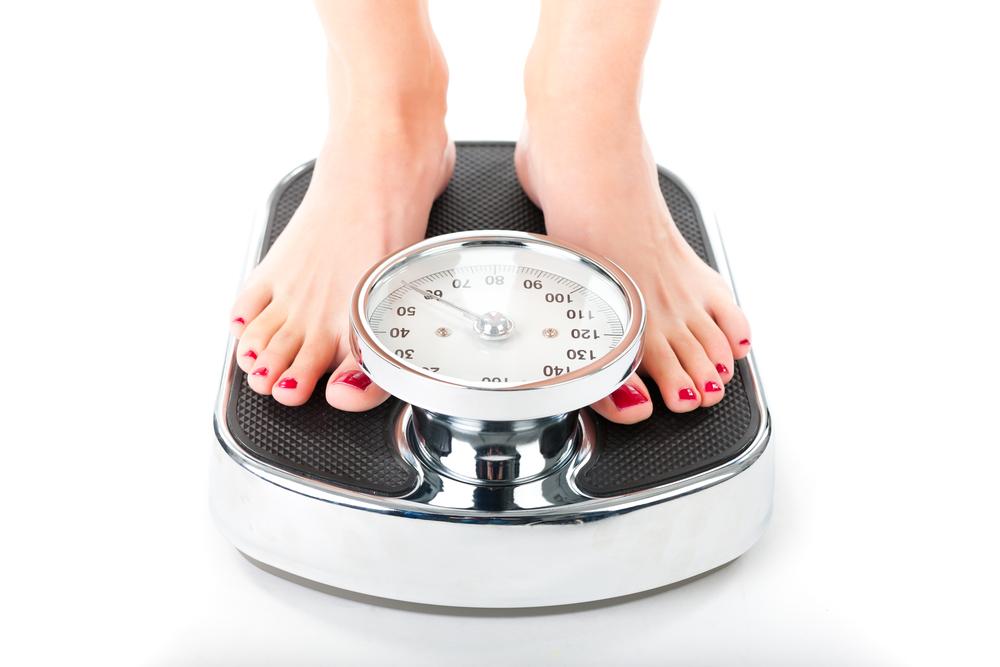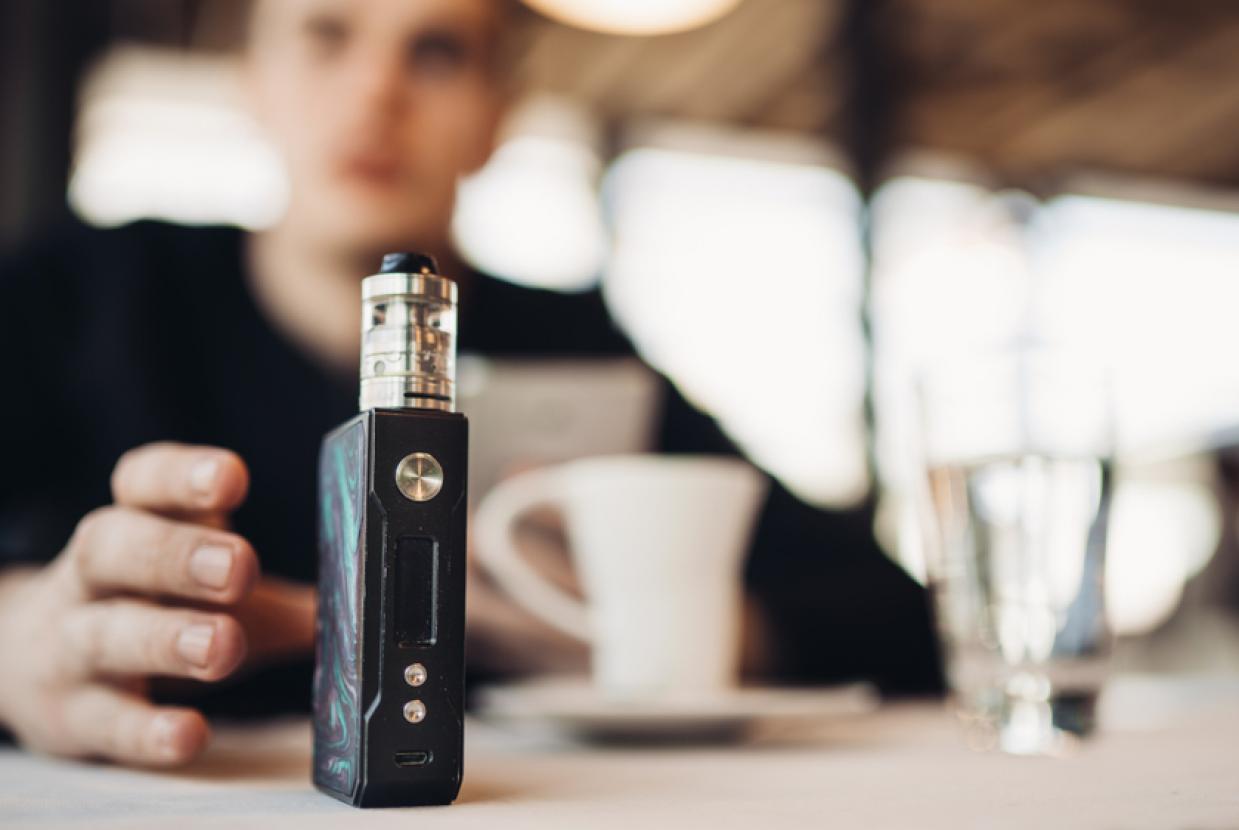Treatment
There's currently no cure for chronic obstructive pulmonary disease (COPD), but treatment can help slow the progression of the condition and control the symptoms. Treatments include:
- stopping smoking – if you have COPD and you smoke, this is the most important thing you can do
- inhalers and tablets – to help make breathing easier
- pulmonary rehabilitation – a specialised programme of exercise and education
- surgery or a lung transplant – although this is only an option for a very small number of people
A doctor will discuss the various treatment options with you.
Stop smoking
If you smoke, stopping is the most effective way to prevent COPD getting worse. Although any damage done to your lungs and airways cannot be reversed, giving up smoking can help prevent further damage.
This may be all the treatment that's needed in the early stages of COPD, but it's never too late to stop – even people with more advanced COPD will benefit from quitting. If you think you need help to stop smoking, visit Quit smoking for free advice and support.
Inhalers
If COPD is affecting your breathing, you'll usually be given an inhaler. This is a device that delivers medicine directly into your lungs as you breathe in. A doctor or nurse will advise you on how to use an inhaler correctly and how often to use it.
Short-acting bronchodilator inhalers
For most people with COPD, short-acting bronchodilator inhalers are the first treatment used.
Bronchodilators are medicines that make breathing easier by relaxing and widening your airways.
There are 2 types of short-acting bronchodilator inhaler:
- beta-2 agonist inhalers – such as salbutamol and terbutaline
- antimuscarinic inhalers – such as ipratropium
Short-acting inhalers should be used when you feel breathless, up to a maximum of 4 times a day.
Long-acting bronchodilator inhalers
If you experience symptoms regularly or have flare-ups (exacerbations) despite using short-acting bronchodilators, a long-acting bronchodilator inhaler may be recommended.
These work in a similar way to short-acting bronchodilators, but each dose lasts for at least 12 hours, so they only need to be used once or twice a day.
There are 2 types of long-acting bronchodilator inhaler:
- beta-2 agonist inhalers – such as salmeterol, formoterol and indacaterol
- antimuscarinic inhalers – such as tiotropium, glycopyronium and aclidinium
Some new inhalers contain a combination of a long-acting beta-2 agonist and antimuscarinic.
Steroid inhalers
If you're still becoming breathless when using a long-acting inhaler, or you have frequent flare-ups (exacerbations), a GP may suggest including a steroid inhaler as part of your treatment.
Steroid inhalers contain corticosteroid medicines, which can help to reduce the inflammation in your airways.
Steroid inhalers are normally prescribed as part of a combination inhaler that also includes a long-acting medicine.
Tablets
If your symptoms are not controlled with inhalers, a doctor may recommend taking tablets or capsules as well.
Theophylline tablets
Theophylline is a type of bronchodilator. It's unclear exactly how theophylline works, but it seems to reduce swelling (inflammation) in the airways and relax the muscles lining them.
Theophylline comes as tablets or capsules and is usually taken twice a day.
You may need to have regular blood tests during treatment to check the level of medicine in your blood.
This will help a doctor work out the best dose to control your symptoms while reducing the risk of side effects.
Possible side effects include:
- feeling and being sick
- headaches
- difficulty sleeping (insomnia)
- noticeable pounding, fluttering or irregular heartbeats (palpitations)
Sometimes a similar medicine called aminophylline is also used.
Mucolytics
If you have a persistent chesty cough with lots of thick phlegm, the doctor may recommend taking a mucolytic medicine called carbocisteine.
Mucolytic medicines make the phlegm in your throat thinner and easier to cough up. Carbocisteine comes as tablets or capsules and is usually taken 3 or 4 times a day.
If carbocisteine does not help your symptoms, or you cannot take it for medical reasons, another mucolytic medicine called acetylcysteine is available.
This comes as a powder that you mix with water. Acetylcysteine powder has an unpleasant smell, like rotten eggs, but this smell should go away once you mix it with the water.
Steroid tablets
If you have a particularly bad flare-up, you may be prescribed a short course of steroid tablets to reduce the inflammation in your airways.
A 5-day course of treatment is usually recommended, as long-term use of steroid tablets can cause troublesome side effects such as:
- weight gain
- mood swings
- weakened bones (osteoporosis)
Your doctor may give you a supply of steroid tablets to keep at home to take as soon as you experience a bad flare-up.
Longer courses of steroid tablets must be prescribed by a COPD specialist. You'll be given the lowest effective dose and monitored closely for side effects.
Antibiotics
Your doctor may prescribe a short course of antibiotics if you have signs of a chest infection, such as:
- becoming more breathless
- coughing more
- noticing a change in the colour (such as becoming brown, green or yellow) and/or consistency of your phlegm (such as becoming thicker)
Sometimes you may be given a course of antibiotics to keep at home and take as soon as you experience symptoms of an infection.
Pulmonary rehabilitation
Pulmonary rehabilitation is a specialised programme of exercise and education designed to help people with lung problems such as COPD. It can help improve how much exercise you're able to do before you feel out of breath, as well as your symptoms, self-confidence and emotional wellbeing.
Pulmonary rehabilitation programmes usually involve 2 or more group sessions a week for at least 6 weeks. A typical programme includes:
- physical exercise training tailored to your needs and ability – such as walking, cycling and strength exercises
- education about your condition for you and your family
- dietary advice
- psychological and emotional support
Improving muscle strength
If you are having a bad flare-up and are unable to exercise, you may be offered electrical stimulation to make your muscles stronger.
This is where electrodes are placed on your skin and small electrical impulses are sent to weak muscles, usually in your arms or legs.
Other treatmentsIf you have severe symptoms or experience a particularly bad flare-up, you may sometimes need additional treatment.
Nebulised medicineNebulised medicine may be used in severe cases of COPD if inhalers have not worked.
This is where a machine is used to turn liquid medicine into a fine mist that you breathe in through a mouthpiece or a face mask. It enables a large dose of medicine to be taken in one go.
You'll usually be given a nebuliser device to use at home after being shown how to use it.
RoflumilastRoflumilast is a new medicine that can be used to treat flare-ups.
It is recommended for people whose symptoms have suddenly become worse at least 2 times over the past 12 months, and who are already using inhalers.
Roflumilast comes as tablets and the medicine helps reduce inflammation inside the lungs and airways.
Side effects of roflumilast include:
- feeling and being sick
- diarrhoea
- reduced appetite
- weight loss
- headache
Long-term oxygen therapy
If COPD causes a low level of oxygen in your blood, you may be advised to have oxygen at home through nasal tubes or a mask.
This can help stop the level of oxygen in your blood becoming dangerously low, although it's not a treatment for the main symptoms of COPD, such as breathlessness.
Long-term oxygen treatment should be used for at least 15 hours a day.
The tubes from the machine are long, so you will be able to move around your home while you're connected. Portable oxygen tanks are available if you need to use oxygen away from home.
Do not smoke when using oxygen. The increased level of oxygen is highly flammable and a lit cigarette could cause a fire or explosion.
Ambulatory oxygen therapy
Some people with COPD will benefit from ambulatory oxygen, which is oxygen you use when you walk or are active in other ways.
If your blood oxygen levels are normal while you're resting but fall when you exercise, you may be able to have ambulatory oxygen therapy rather than long-term oxygen therapy.
Non-invasive ventilation (NIV)
If you're taken to hospital because of a bad flare-up, you may have a treatment called non-invasive ventilation (NIV).
This is where a portable machine connected to a mask that covers your nose or face is used to support your lungs and make breathing easier.
Surgery
Surgery is usually only suitable for a small number of people with severe COPD whose symptoms are not controlled with medicine.
There are 3 main operations that can be done:
- bullectomy – an operation to remove a pocket of air from one of the lungs, allowing the lungs to work better and make breathing more comfortable
- lung volume reduction surgery – an operation to remove a badly damaged section of lung to allow the healthier parts to work better and make breathing more comfortable
- lung transplant – an operation to remove and replace a damaged lung with a healthy lung from a donor
These are major operations done under general anaesthetic, where you're asleep, and involve significant risks.
If your doctors feel surgery is an option for you, speak to them about what the procedure involves and what the benefits and risks are.


